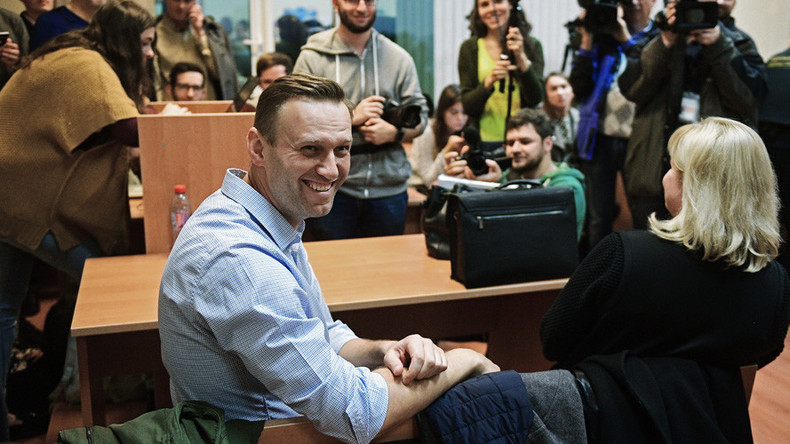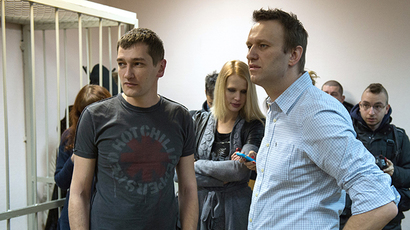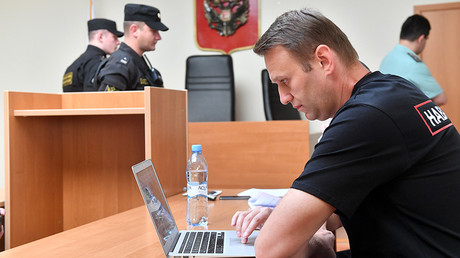European Human Rights Court sees no politics in Navalny brothers embezzlement case

The ECHR’s decision in the case of the Navalny brothers against Russia was released on the court’s website on Tuesday. It reads that the court had looked into Navalny brothers’ claim that the criminal case against them and subsequent conviction pursued purposes other than bringing them to justice – in particular, curtailing the political activities of Aleksey Navalny.
Navalny is an anti-corruption blogger turned politician, with presidential ambitions. After studying the case, the ECHR decided that the reason for the prosecution and conviction of Aleksey and Oleg Navalny was that stated in the case materials and court verdict – embezzlement of money from international cosmetics giant Yves Rocher.
The Russian Justice Ministry welcomed the move in a Tuesday statement. “The ECHR has refused to acknowledge the presence of political motives in the actions of the national law enforcement agencies for bringing the Navalny brothers to account for the crimes they committed,” justice ministry representatives told TASS.
In December 2014, Aleksey and Oleg Navalny were convicted of embezzling over $500,000 from Yves Rocher. The investigation leading to the conviction revealed that the brothers set up an intermediary transport company and persuaded Yves Rocher managers to use its services for inflated prices, while all the work was done by subcontractors. The scheme worked for over four years.
The total amount paid by Yves Rocher to the brothers exceeded 55 million rubles (over US$1.6 million at the time) and the amount they pocketed was over 20 million rubles, according to the claim.
Aleksey Navalny received a suspended 3.5 year sentence. Oleg Navalny, who at the time of these events worked as a manager in the state company Russian Post and whose involvement was crucial for the scheme, received 3.5 years in prison.
The brothers were each fined 500,000 rubles, and together will have to pay 4.4 million rubles to a company listed as one of those affected in the case.
In August, a Moscow court extended Aleksey Navalny’s probation period by one year for repeated violations of public order and refusals to comply with police.











